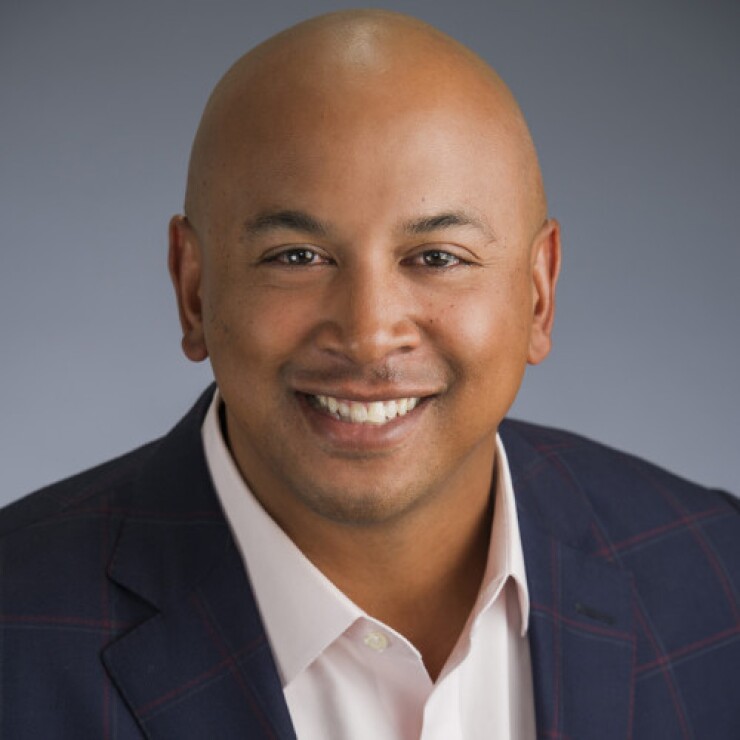Springline Advisory, a private equity-funded firm, is growing by bringing in accounting firms.
Trinity Hunt Partners, a Dallas-based private equity firm,

"We're trying to find pioneering firms that have strong leadership teams, that are already on a growth trajectory and that are likely stymied because they can't get access to scale quickly enough," said
He has three more deals that he hopes to close this fall, including one in the Southwest, a smaller firm in the Northwest, and a firm that focuses mostly on business valuation, forensics and litigation support that he sees as a "seedling" for a national practice in that area. Eventually the firms will rebrand.
"We're on a path of evolution into one firm, but the first step is do no harm," said Brackney. "Then the next step is an endorsed brand. So that would be the next thing that comes out: Marks Nelson, a Springline company. And then eventually we'll settle under one banner. We'll be very careful to make sure that we don't put the cart before the horse. We want our firms to work together and be part of one firm, but we also want to make sure that we're careful about the existing brand cachet and those things that come with a legacy brand."
So far, the reaction from employees has been positive. "Until you rip the cover off something, you're not really sure what the reaction is going to be," said Brackney. "With any transformative change, you're concerned with any fallout from it. For both firms, the general mood was excitement. We actually didn't have any turnover related specifically to the transaction at all. We've actually had incoming experienced hires who understand and want to be part of what we're doing here. It's actually been really positive. Both firms were voted Best Place to Work post transaction. That's happened twice now, so we feel really good about how that transition has occurred."
One possibility is offshoring. "From a capacity standpoint, one of the things that we'll offer and are exploring right now is how to have a better way to do offshoring," said Brackney. "Some of the firms we talked to dabble in it, some of them don't. We'll obviously think about technology applications, etc., for capacity. For talent, the idea that you can have a large middle market firm that gives you access to opportunity, and if you started in Kansas City and ended up in Portland, Oregon, and still be under the same tent with the same values, I think that will be a compelling proposition to building what we're hoping to be, an irresistible firm where you're a talent magnet. You have to make the grass on your side of the fence really, really green."
One enticement will be the level of compensation. "We've approved a program to make equity available below the level of partner to the level of senior manager, at least to start, and probably will increase on that at some point," said Brackney. "To me, the combination of those things, with the infusion of private equity to invest in some of those things, will allow us to become more of a talent magnet."
He hopes to attract pioneering firms. "What we're looking for are pioneers, people who know that they want to be part of a larger firm and are actively growing that way," said Brackney.
In some cases, the deals can take about three months, although he acknowledged the importance of due diligence. "Seller experience is really important, and due diligence is due diligence," said Brackney. "There's not that many things that you can do to make due diligence feel better than it is. What we try to do is be very transparent. We figure, from the time we've got an initial meeting to the time of clinking champagne glasses, it's 90 days. Now the problem is that you've got September 15, October 15 and April 15 that you have to work around. But we have a very clear process. We'll go from an initial meeting to taking a small amount of financial information and turning around a letter of intent, and then doing a fast follow on that."





